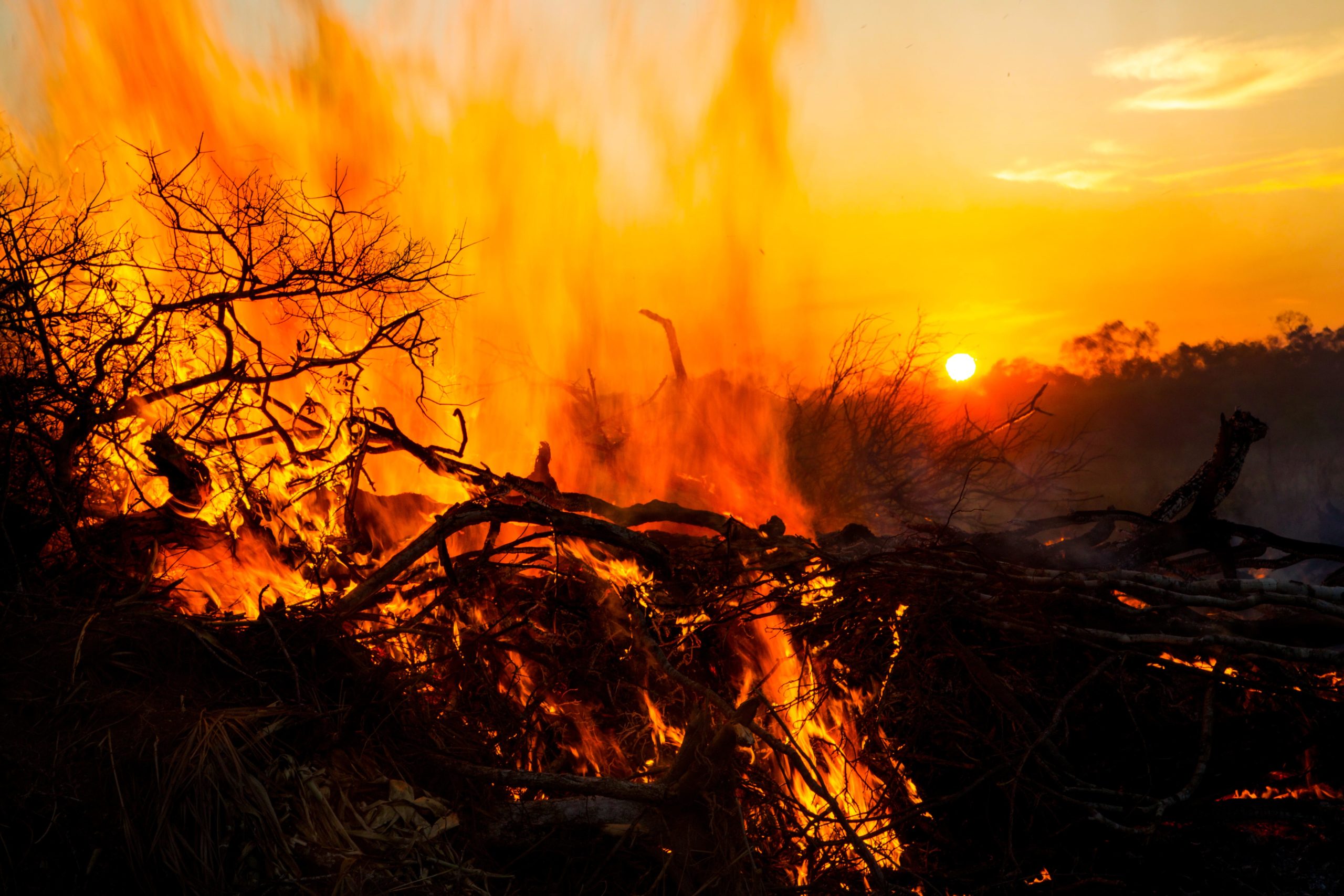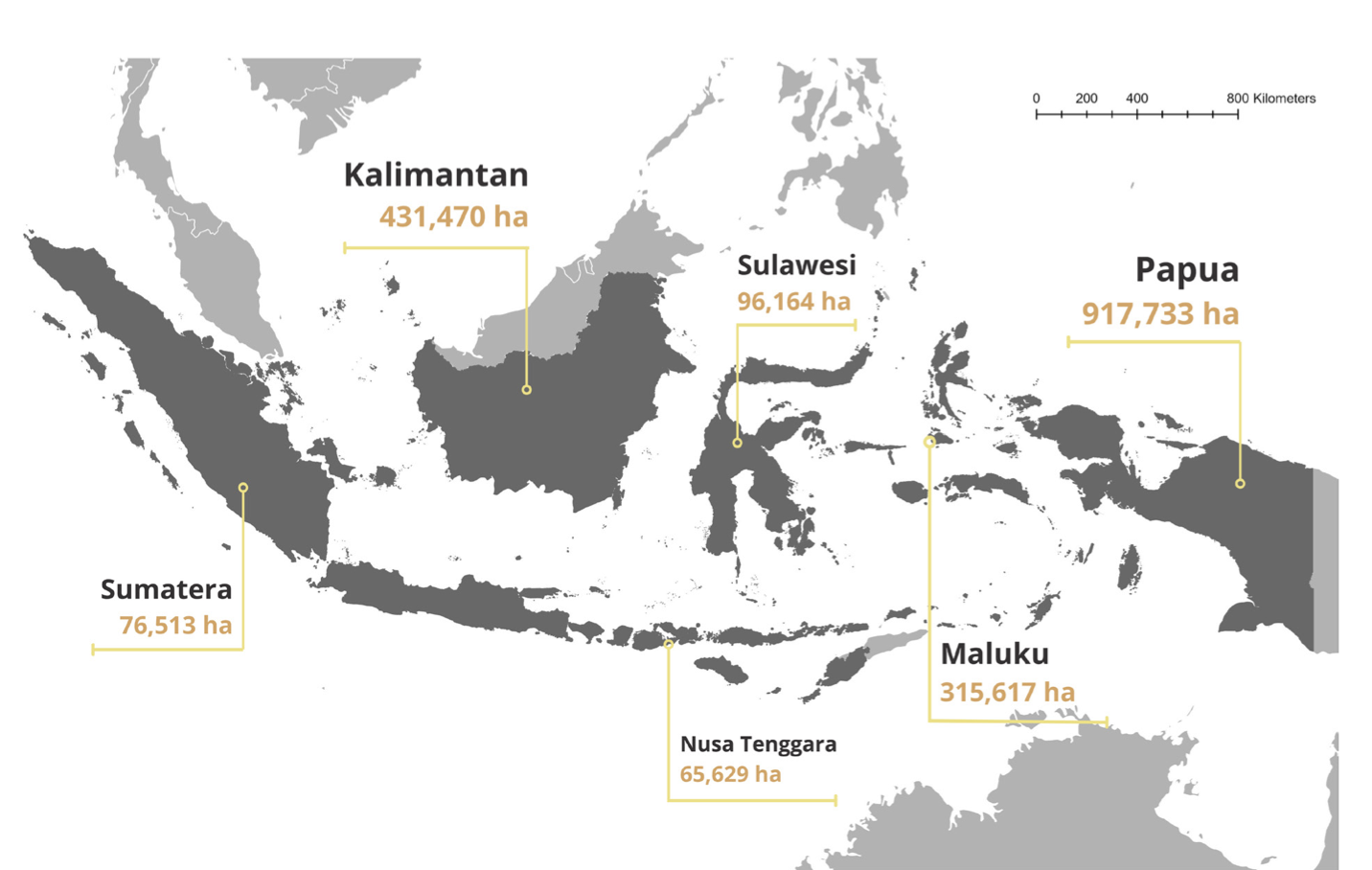
Why deforestation rose in 2024 — and why there’s hope for 2025
By Glenn Hurowitz, Founder & CEO
This week, new analysis from the University of Maryland’s GLAD Lab and Global Forest Watch found that deforestation reached new heights in 2024. Driven by droughts and fires (both exacerbated by climate change), industrial agriculture, logging, and more, the world lost “a record-shattering 6.7 million hectares of primary rainforest in 2024, an area nearly the size of Panama…more than any other year in at least the last two decades.”
The first thing that jumped out at me is an absolutely staggering increase in fire-driven deforestation in Bolivia where, last year, 10% of the country’s surface area burned. We need massively more philanthropic and other attention on this mega bio-diverse country whose forests are being destroyed at a rate surpassing that of much larger countries. These numbers also highlight the absurdity of Cargill continuing to exclude Bolivia from its commitment to end ecosystem destruction.
At the same time, I am encouraged by the numbers out of Indonesia, where deforestation actually decreased a small amount in 2024. I am hopeful that the Prabowo administration will use this opportunity to shift the Food and Energy Estates projects onto already-degraded lands rather than risk undermining Indonesia’s impressive progress by pursuing the world’s largest deforestation project.
.png)
But the overall headline is sobering: deforestation rose sharply last year. We need to turn the trajectory the other way. The hopeful news is that many of the meat and feed companies most responsible for deforestation in Brazil, Bolivia, and other parts of Latin America have committed to permanently end destruction of all ecosystems this year. They have a lot of work to do, but fully implementing their commitment means the continent can finally put the era of commercial deforestation behind it and lead to the kind of dramatic positive change we’ve seen in Southeast Asia.
We’re working to make that happen:
Casino Group Linked to Massive Deforestation in Brazil
A new report by Instituto Centro de Vida (ICV), supported by Envol Vert and Mighty Earth, found that French retailer Casino Group’s beef supply chain in Brazil may be connected to 1.3 million acres of deforestation across the Amazon and Cerrado between 2018 and 2023. That’s an area about 50 times the size of Paris! The report adds critical evidence to the groundbreaking lawsuit we filed with allies in France against Casino—the first legal action to hold a supermarket chain accountable for both deforestation and indigenous land grabbing. The trial is set for mid-2026.
The case now seeks $64.1 million in damages. Researchers emphasized that a lack of supply chain transparency from Casino limited the scope of their findings, making a clear case for stronger disclosures from retailers. Mongabay has a great summary of the report here.
This case could set a powerful precedent to drive supply chain accountability.
Marfrig Launches Grievance Log
Brazilian beef giant Marfrig took a major step by launching a public Grievance Log, a key milestone on the path to full supply chain traceability. Marfrig also recently accelerated its commitment to protect all ecosystems by this year. This move deepens the transparency revolution in the meat industry begun by Carrefour, which we discussed on our recent webinar (see below). The move has potential for even wider impact because Marfrig is expanding, including through its recently announced plan to acquire pork and poultry processor BRF.
Watch our webinar, “Transforming Meat Supply Chains to End Deforestation”
Finally, if you were unable to attend our webinar about some major positive changes occurring in the meat industry (and the need to spread them), it is now available here. You’ll hear directly from leaders at Carrefour and Amaggi about how they’re transforming their soy and beef supply chains to protect Nature through real commercial action at massive scale. We also explored the meat industry’s role in driving methane emissions and the necessary shift to plant-based proteins.
Thanks for your continued support.
—
© 2025. The text of this article is openly licensed under Creative Commons (CC BY-ND 4.0); you are free to copy and redistribute or republish the article in its entirety with attribution and credit.
